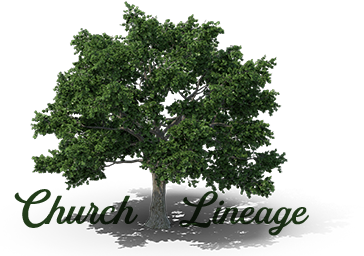Church Lineage
HERITAGE IS IMPORTANT
We are a daughter church of Cozaddale Baptist Temple and share in its rich history. Our lineage is chronicled by Pastor Rick Sallee in his book Cozaddale Baptist Temple - A History. The accounts listed below are a summary of the contents of this book.















